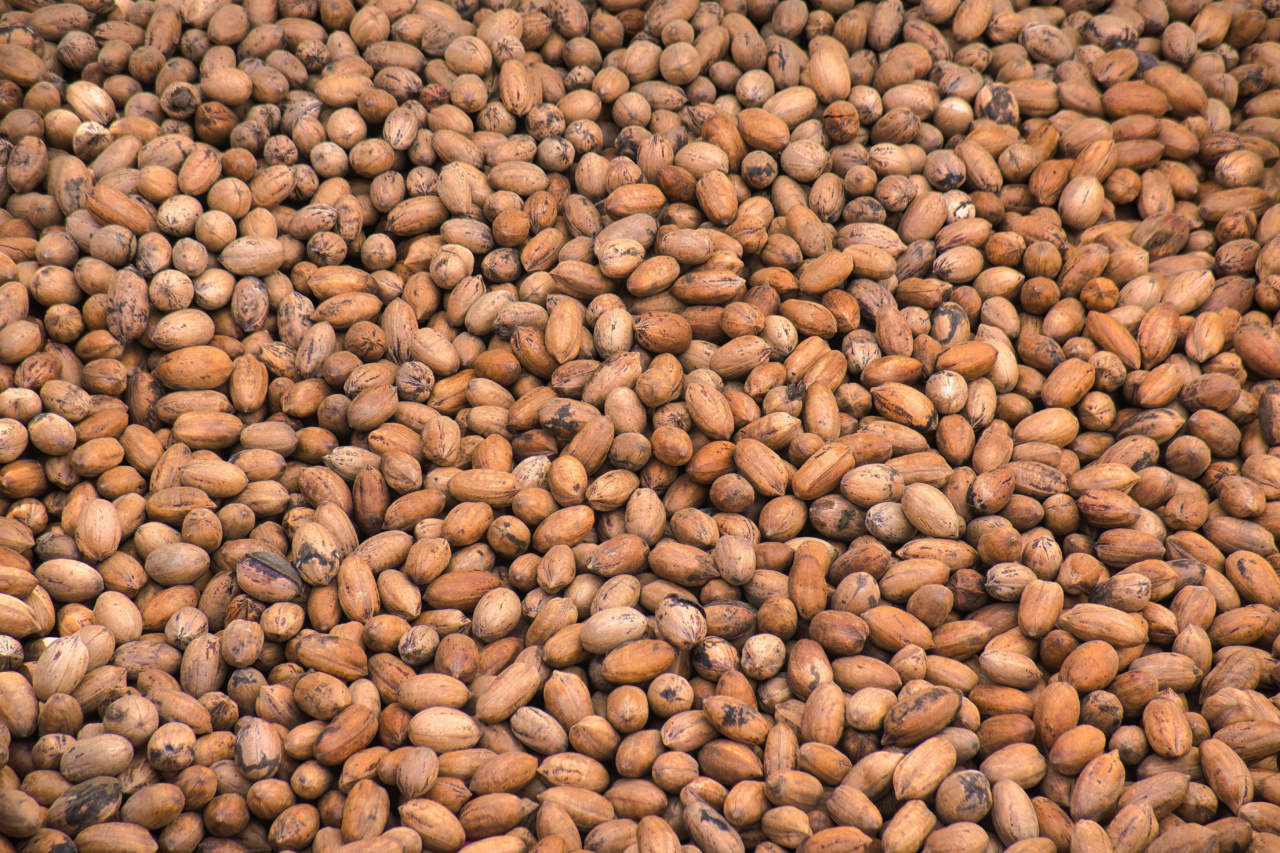Eczema, also known as atopic dermatitis, is an inflammatory skin condition that affects around 31.6 million people in the United States alone.
It is characterized by inflamed, itchy, red, and scaly skin patches that can lead to discomfort, low self-esteem, and decreased quality of life. Eczema can affect people of all ages, but it is more prevalent in children than adults, with around 10% of children in the US having eczema at some point in their lives.
Eczema Symptoms
The symptoms of eczema can vary in severity and can differ from person to person. In most cases, the rash is intensely itchy, and can be red, scaly, and inflamed. Some of the common symptoms of eczema include:.
- Red or dark-colored patches on the skin
- Intense itching
- Dry, scaly or flaky skin
- Bumps that may leak fluid, particularly in children
Eczema can also have symptoms such as elevated bumps that may become filled with fluid people may experience in skin infections.
Causes of Eczema
While the exact cause of eczema is unclear, most experts believe it is a combination of genetics and environmental factors that lead to the development of the condition.
Some of the factors that can cause or trigger eczema symptoms include hormones, allergies, stress, and environmental irritants such as harsh soaps, dust, and pollen.
Eczema Nutrition
While there is no cure for eczema, the condition can be managed with a combination of medications, lifestyle changes, and nutrition.
Nutrition plays a critical role in eczema management, as certain foods can trigger symptoms or exacerbate existing ones.
Anti-Inflammatory Diet
Dietary changes that promote an anti-inflammatory response in the body may help manage eczema symptoms. An anti-inflammatory diet includes whole foods, fruits, vegetables, and healthy fats such as omega-3 fatty acids.
Omega-3 fatty acids are found in oily fish such as salmon, sardines, and mackerel, as well as in seeds and nuts such as flaxseeds, chia seeds, walnuts, and almonds.
Probiotics
Probiotics are live bacteria and yeast that are beneficial to your digestive system, and have been shown to improve gut health.
Improving gut health may help reduce eczema symptoms by supporting the immune system, but more research is needed to understand the full extent of the relationship. Foods such as yogurt, kefir, kimchi, and sauerkraut are rich sources of probiotics.
Eliminate Trigger Foods
Some foods can trigger or exacerbate eczema symptoms, and identifying and eliminating these foods from the diet may help manage symptoms. Some common trigger foods include dairy, gluten, soy, eggs, and nuts.
Eliminating these foods individually or in groups and observe whether a change happens with the symptoms of eczema.
Hydrate regularly
Keeping body well hydrated reduces the chances of skin being dry and infections such as eczema developing. Drinking plenty of water throughout the day is cImportant to keep skin healthy and well-hydrated.
Herbal tea can also be a good option that doesn’t contain caffeine.
Avoid Sugary Foods
Eating sugary foods can trigger the release of inflammatory compounds in the body, making it harder to manage eczema symptoms.
Avoiding sugary foods, particularly processed foods and energy drinks, can help manage eczema symptoms and reduce inflammation in the body.
Eat More Whole Foods
Eating whole foods, such as fruits, vegetables, and lean proteins, can help improve skin health and reduce inflammation in the body. These foods also provide essential vitamins and minerals, which can help repair and maintain healthy skin.
Conclusion
Eczema is a chronic condition that can be difficult to manage, but nutrition can play a key role in managing symptoms.
Eating a healthy, whole-foods-based diet that avoids processed foods, sugary foods, and trigger foods can help reduce inflammation and support optimal skin health. While nutrition alone may not cure eczema, it can help manage symptoms and improve quality of life for those suffering from the condition.































